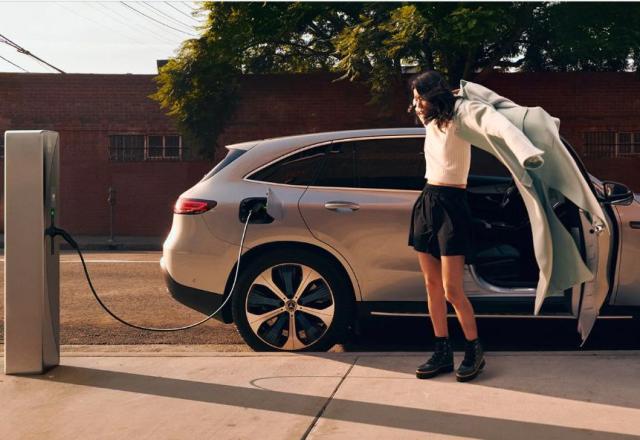Australia on Wednesday announced its plans to introduce new vehicle emission standards in order to increase the adoption of electric cars, which is currently lagging behind other developed economies.
Only 3.8 percent of cars sold in Australia in 2022 were electric, compared to 15 percent in Britain and 17 percent in Europe.
The new national electric vehicle (EV) strategy in Australia will include a fuel efficiency standard that will determine the amount of carbon dioxide a car will produce during operation.
Australia Energy Minister Chris Bowen stated that this initiative would be a “win-win” for drivers since fuel-efficient and electric cars are more affordable and environmentally friendly. Further details will be released in the coming months.
Australia is the only developed country, along with Russia, to not have or develop fuel efficiency standards, which encourage manufacturers to supply electric and no-emission vehicles. Transport is the third biggest source of carbon emissions in Australia, making it one of the highest emitters per capita globally.
Australia government’s new plan aims to reduce emissions by 3 million tonnes of carbon by 2030 and over 10 million tonnes by 2035. The Electric Vehicle Council welcomed the initiative but stressed the need for strong standards in order to prevent Australia from becoming a “dumping ground” for outdated high-emission vehicles.
According to Bowen, Australian cars use 40 percent more fuel than the European Union and 20 percent more than the United States. Studies suggest that implementing a fuel efficiency standard could save drivers $349 per year.
The Greens party leader, Adam Bandt, called for electric vehicle targets to be included in the government’s strategy. Despite the growing demand for electric vehicles, the supply has not kept up with the demand due to the lack of incentives for automakers.
The Labor government planned to introduce new regulations to increase electric car sales last year. Prime Minister Anthony Albanese reduced taxes for electric vehicles and raised Australia’s 2030 target for cutting carbon emissions to a 43 percent reduction from 2005 levels.
Former Prime Minister Scott Morrison’s government took no action on reducing vehicle emissions for about a decade, setting Australia behind all of its peers. Critics of reducing vehicle emissions claimed that it would “end the weekend” and hurt the popularity of utility vehicles used by builders and farmers.
Bowen acknowledges that more infrastructure is needed to support EV charging, with only 4,900 public chargers available at fewer than 2,400 locations as of December 2022.

